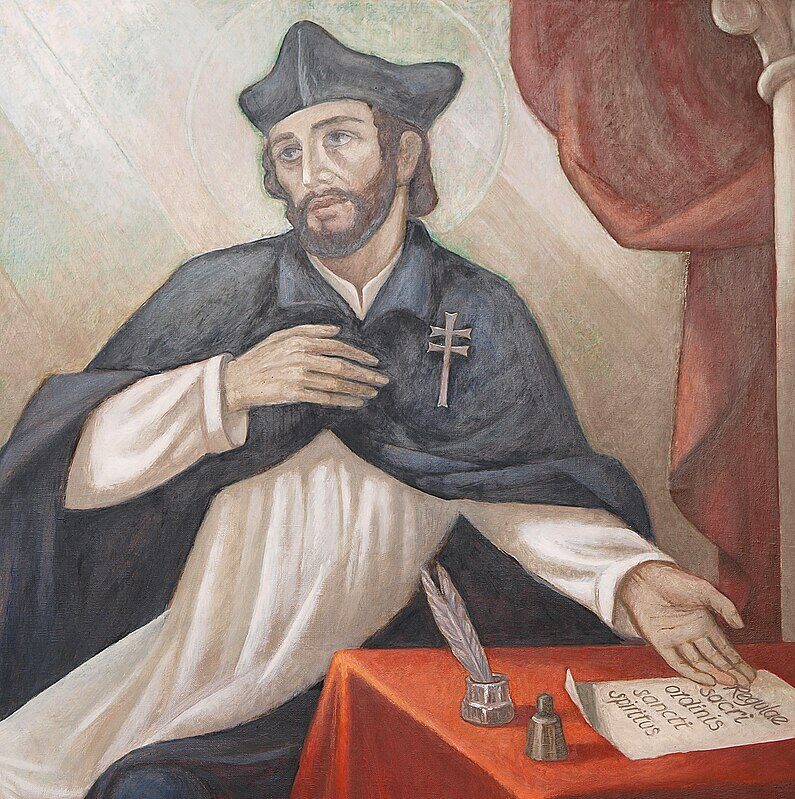
Pope Francis Grants Blessed Title to Guido of Montpellier
On May 18, with the Motu proprio “Fide Incensus,” Pope Francis recognized the liturgical cult of French religious Guido of Montpellier, known for his service to the poor and the sick.
This recognition is dedicated to orders, congregations and communities that have followed, follow or are inspired by the charism of the Holy Spirit in Sassia.
A long-awaited recognition
The Pope’s decision is the result of multiple requests received by the Holy See from cardinals, bishops, religious and lay people who admired the life of Guido of Montpellier. These requests were supported by the “praiseworthy judgments” made by Pope Francis’ predecessors on Guido’s holiness. The Church therefore deemed it right “for the good of souls” to grant this “special sign of grace” to a man of exemplary faith and charity.
Celebration of the liturgical memorial
Guido of Montpellier is officially inscribed in the catalog of the Blessed and his memory will be celebrated on February 7, a date that will mark an obligatory celebration for all orders, congregations and institutes linked to the charism of the Holy Spirit in Sassia and also for communities that follow Guido’s rule of life.
The life of Guido of Montpellier

Guido of Montpellier was born in the second half of the 12th century into a wealthy family in Montpellier, France. From a young age, he devoted his life to the service of the needy. By establishing a house-hospice in his hometown, he quickly attracted followers, which led to the birth of a community united by the common goal of helping the poor.
Papal support and expansion of works
Lothair of Segni, who became Pope Innocent III, became acquainted with Guido’s works during his studies in France. Once elected, Innocent III officially supported Guido’s initiatives through the “Hiis precipue” bull of 1198, inviting all bishops to support his initiatives. Thanks to this support, the hospital in Montpellier and other similar facilities in southern France and Rome prospered, following Guido’s monastic rule.
Commitment to abandoned infants and children
Guido of Montpellier extended his commitment to charity to infants and abandoned children. With the bull “Cupientes pro plurimis” of 1201, the church of Santa Maria in Sassia in Rome was entrusted to Guido and his companions. This place became one of the first facilities to offer a “wheel of the exposed” where mothers could leave their infants anonymously. This initiative provided material and spiritual assistance to toddlers and mothers in need.
A legacy of service
Guido of Montpellier did not just provide assistance to those who came to him, but encouraged his community to go out into the streets in search of the needy. This unconditional approach to charity was accompanied by deep religious contemplation. Pope Innocent III, with the bull “Inter opera pietatis” of 1204, confirmed the new order and its jurisdiction over the Roman hospital at the church of Santa Maria in Sassia, which became the order’s general house.
An exemplary and enduring life
Brother Guido died in Rome in early 1208. His memory was silently preserved for centuries in the monasteries and hospitals that lived by his rule. Successive generations of religious have continued to remember him in daily prayer and in fulfilling the charism of their order. His work, which continues to bear fruit through religious communities dedicated to the poor, has enabled the Church to recognize Guido of Montpellier with the title of Blessed, thus celebrating the mission and mercy that characterized his life.
